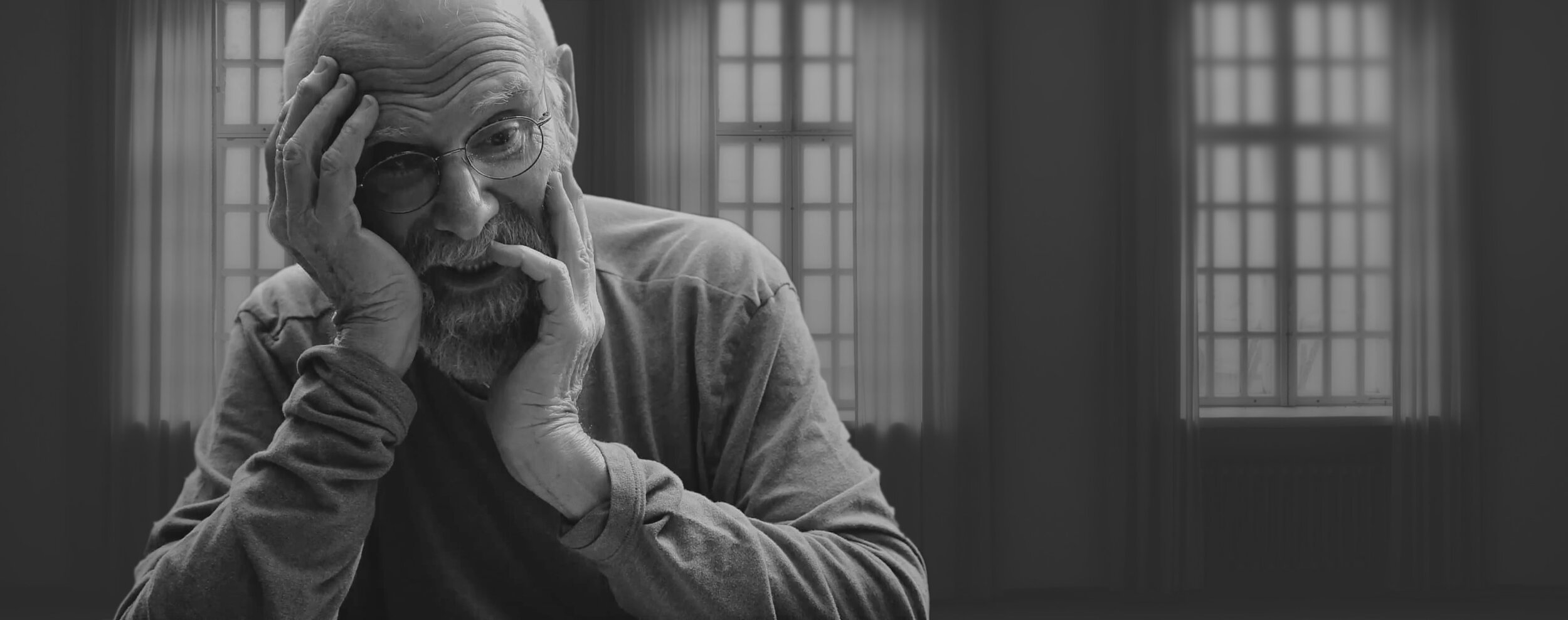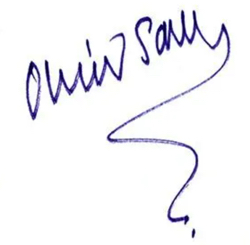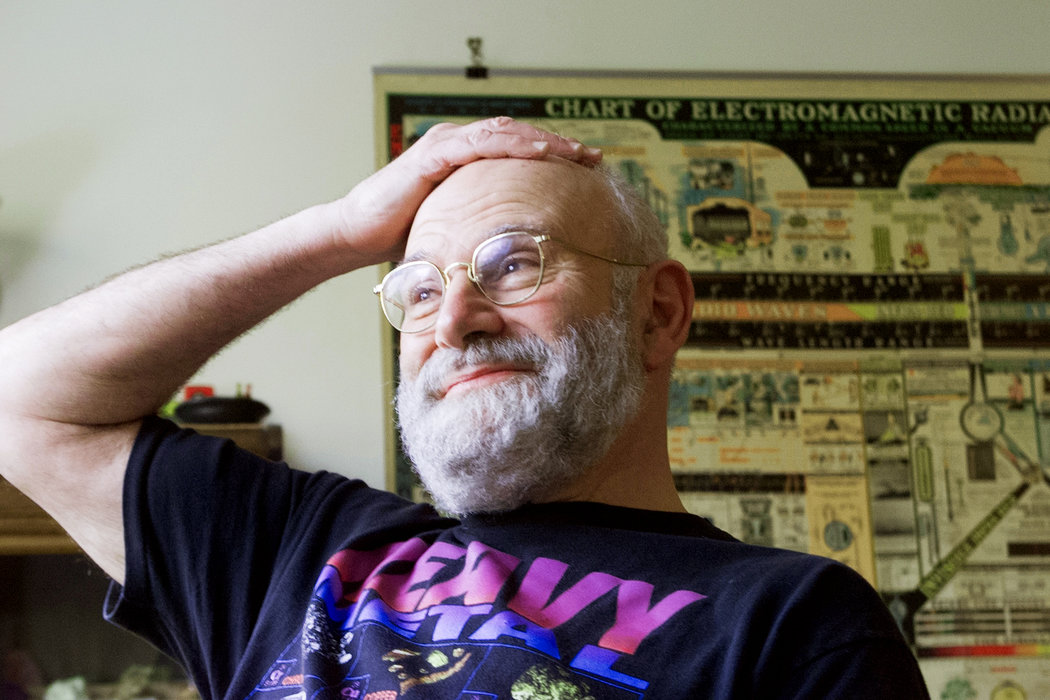
“Meeting” Oliver Sacks (And Happy Birthday)
July 9 would have been Oliver Sacks’s 90th birthday, and as readers of Uncle Tungsten might know, element 90 is thorium, named after the Norse god of thunder. Oliver would have been especially pleased, since thorium oxide is an important substance for gas mantles, which were once used to light the streets of London and around the world.
What better way to celebrate Oliver’s 90th than to listen to his unique voice in our podcast, Radiant Minds? The remembrance below was written by Abi Inman, the Oliver Sacks Foundation’s Social Media Manager and Archival Producer for the podcast.
Enjoy!
The Sacks Team
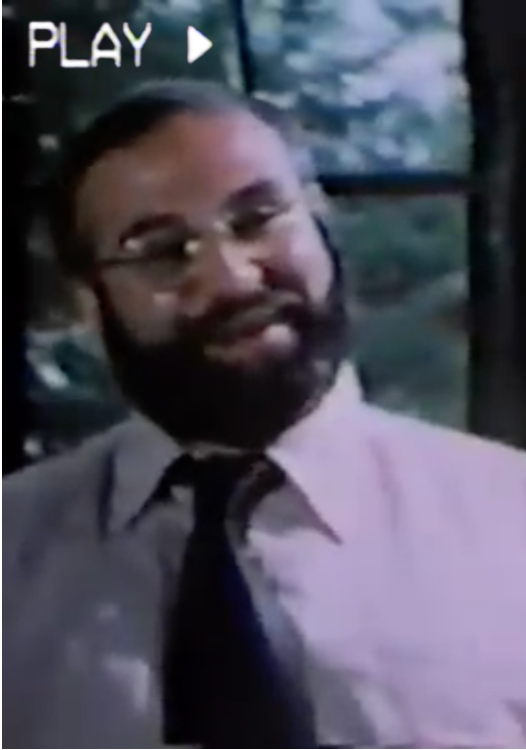
I spent seven months of COVID lockdown with most of the space in my tiny Brooklyn bedroom taken up by VHS and audio cassette recordings of neurologist and writer Oliver Sacks. Some of them were public lectures or interviews, but others were rarer finds. His audio diary tapes for example, or behind-the-scenes footage of him and Robin Williams on the set of Awakenings. The tapes had been pulled from boxes deep in storage units, found in the backs of closets, retrieved from dusty containers.
Part of my role as Archival Producer for the Audible podcast “Radiant Minds: The World of Oliver Sacks,” involved combing through these tapes for anything we could use to tell the story of Oliver’s life, or those of his patients.
The quick blurb of what Oliver is most famous for doesn’t capture even a hundredth of who he was. It’s hard to give a sense of it without resorting to lists; Oliver Sacks was a neurologist and a writer, but also a record-setting bodybuilder, a botanist, a psychonaut who experimented with shocking amounts of amphetamines and hallucinogens. He was a gay man who spent most of his life celibate and even more of it closeted. He was friends with Björk. He rode motorcycles with the Hell’s Angels.
For me, the daughter of two biologists, Oliver Sacks was a household name even as a child, so I approached the archival work with an almost religious reverence. I spent countless hours listening to Oliver talk, rewinding and listening again, taking notes, on occasion crying. (I think every scientific field has the potential for incredible pathos, but perhaps none more so than neurology.)
I also digitized the tapes, some of which had never been published or shared in any form. As a millenial accustomed to backup hard drives and cloud storage, being the steward for the only existing copies of some of the recordings made me incredibly anxious. I’d digitize them, and feel a bit of relief with each one – one more talk Oliver had given, or thought he’d had, that was safe from the entropy of analog storage.
Over the course of months I developed a unique, one-way-street of a connection with Oliver Sacks. In the isolation of quarantine it was rare to meet new people, and even rarer to get to know them at the level that I was getting to know Oliver.
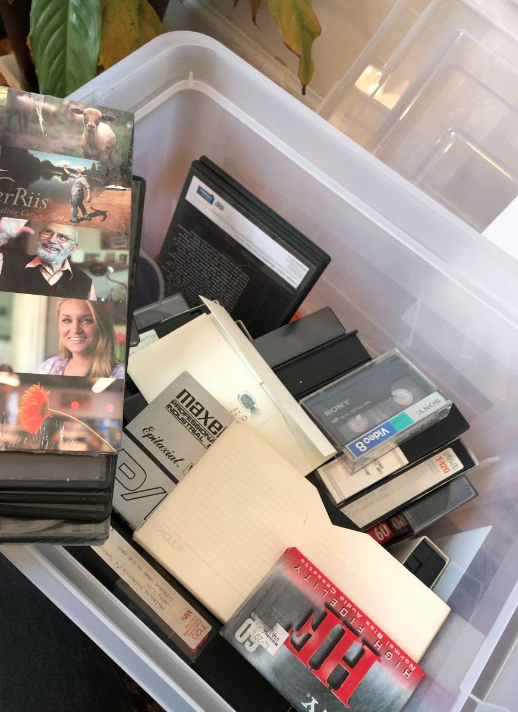
Watching decades-old lectures, I started to notice the same jokes he would tell over and over again, sure to get a laugh from each new audience. I learned the nuances of his rhotacism (difficulty pronouncing the letter “r”). I recognized the little self-soothing habits of an introvert in the spotlight. In his personal recordings I heard him describe nightmares he had just woken up from, talk through existential crises, consider whether or not to take a bath.
A lot of this personal and emotional material ended up in the podcast, which in many ways gives a better sense of Oliver the person than even his own books can. The host, neuroscientist and opera director Indre Viskontas, interviews many of Oliver’s friends and colleagues. You hear from Tony Cicoria, the man struck by lightning featured in Musicophilia, and from Witty Ticcy Ray, whom Oliver wrote about in The Man Who Mistook His Wife for a Hat. Josh Groban shares what it was like to meet Oliver for the first time, and Lowell Handler talks about how Oliver changed his life. On top of all that, you hear Oliver’s own voice in his recordings, the ones I spent so long picking through. There’s something so personal about having someone’s voice in your ear. You can feel Oliver’s incredible empathy as well as his brilliance. He has a disarming playfulness that doesn’t always come across in his writing, but you can hear it in his voice.
I started working with the Oliver Sacks Foundation in 2018, three years after Oliver died of cancer.
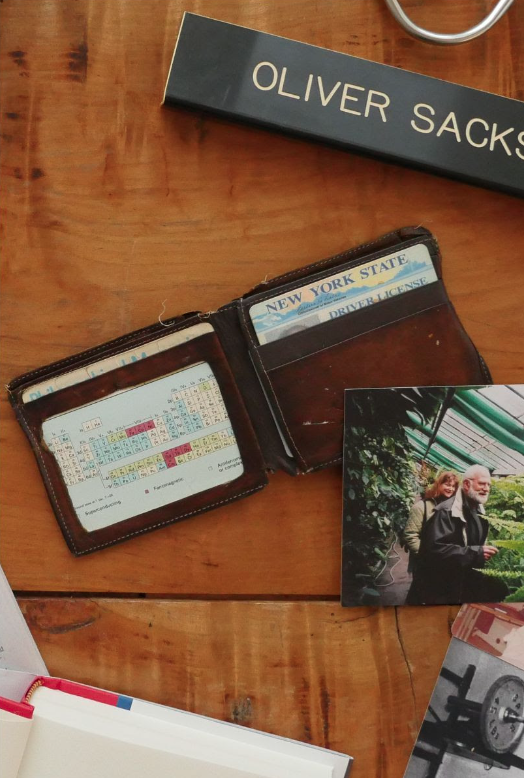
I was in frequent communication with his partner Bill Hayes and his closest friend and collaborator Kate Edgar. Through them I felt that I knew him, to the point that using the more traditionally correct “Sacks” in this article seemed strange and stilted. To them he is “Oliver,” so to me he is now “Oliver.” I’ve been inside his home. I’ve held his wallet, and seen the miniature periodic table he kept in the place most people would store an ID. Throughout all of my work on his legacy there has been the sensation of walking into a room that someone has just left.
As Oliver himself said, “When people die, they cannot be replaced. They leave holes that cannot be filled, for it is the fate — the genetic and neural fate — of every human being to be a unique individual, to find his own path, to live his own life, to die his own death.”
I will never meet Oliver Sacks in real life, but I’ve met him in the same place we are all lucky enough to be able to meet him – in his incredible body of work, in the many books he wrote, in the talks he gave. I’m grateful to have been part of a project that will help more people find him there.
If you haven’t had the chance to listen to the podcast yet, I can’t recommend it highly enough.
📷 Main photo: Oliver Sacks in 2001, by Andrea Mohin for The New York Times






